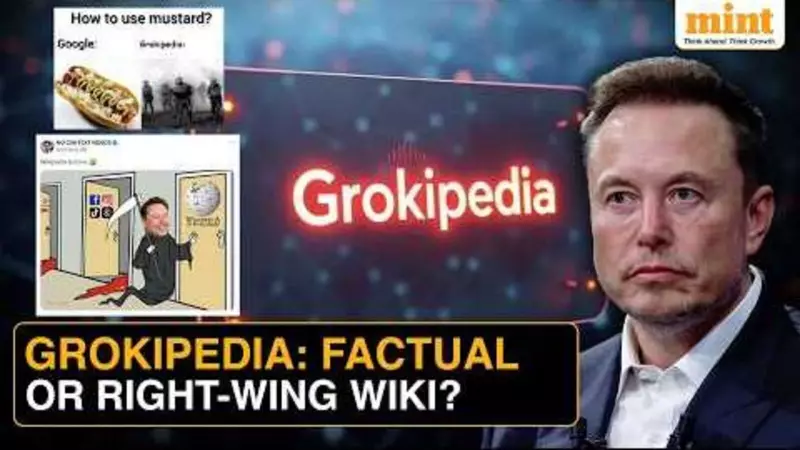
Elon Musk's much-hyped alternative to Wikipedia, Grokipedia, is already embroiled in controversy just as it begins to take shape. The platform, envisioned as a counter to what Musk calls Wikipedia's "left-wing bias," now faces accusations of swinging too far in the opposite direction.
The Promise of Neutrality vs The Reality
When Musk first announced Grokipedia, he positioned it as a bastion of free speech and neutral information. However, early developments suggest the platform might be developing its own distinct political leaning. Critics argue that the very foundation of Grokipedia appears skewed toward conservative viewpoints, raising questions about its commitment to true neutrality.
Content Moderation Concerns
The core of the controversy lies in Grokipedia's approach to content moderation and editorial control. Unlike Wikipedia's community-driven model, Grokipedia's structure appears to concentrate significant power in fewer hands, potentially allowing ideological preferences to shape content more directly.
Key concerns emerging include:
- Alleged preferential treatment of conservative perspectives in editorial decisions
- Questions about the political leanings of key content moderators
- Early content examples showing noticeable right-wing倾斜
- Lack of transparent community governance mechanisms
The Broader Implications
This development raises important questions about the feasibility of creating truly neutral information platforms in today's politically charged environment. Grokipedia's struggles mirror larger debates about content moderation, free speech, and ideological balance in the digital age.
As one industry observer noted, "The challenge isn't just about creating an alternative to Wikipedia; it's about building a system that can resist the gravitational pull of political polarization."
What This Means for Information Consumers
For everyday internet users seeking reliable information, the Grokipedia controversy serves as a crucial reminder to approach all sources with healthy skepticism. The ideal of completely unbiased information remains elusive, making media literacy more important than ever.
The platform's development will be closely watched by free speech advocates, tech enthusiasts, and information professionals alike. Whether Grokipedia can course-correct and deliver on its promise of neutrality remains to be seen, but its early struggles highlight the immense challenges of creating balanced information ecosystems in polarized times.





